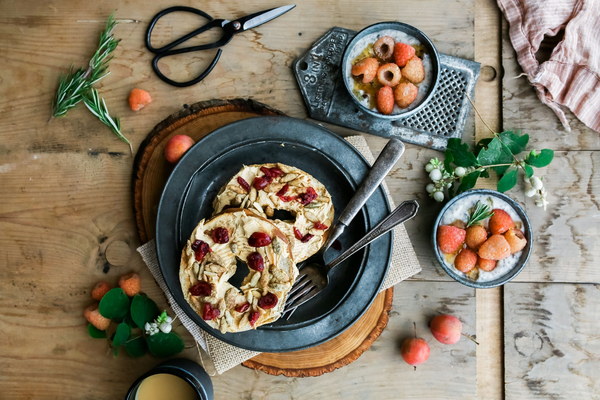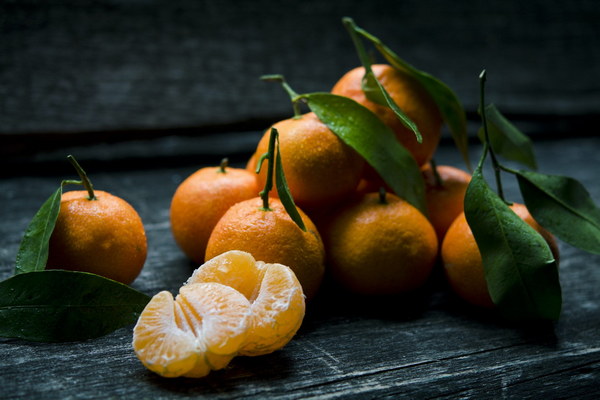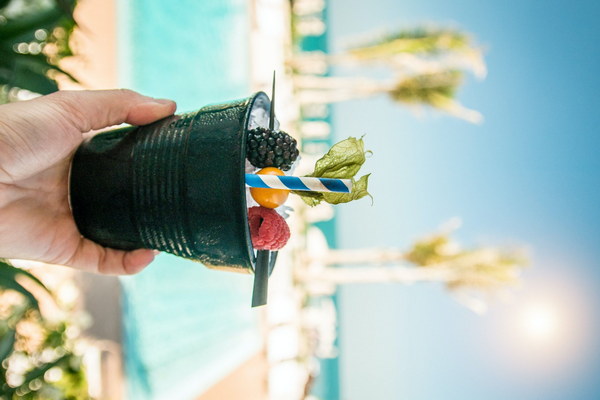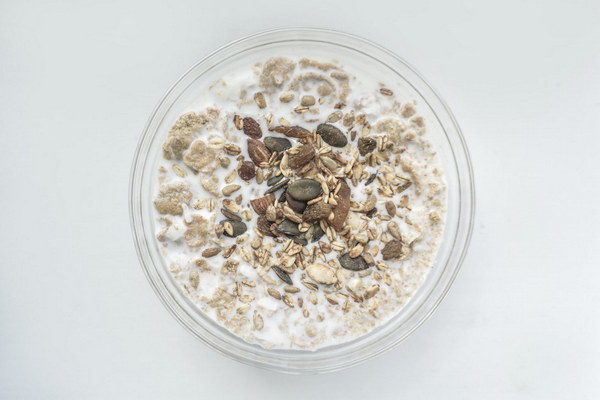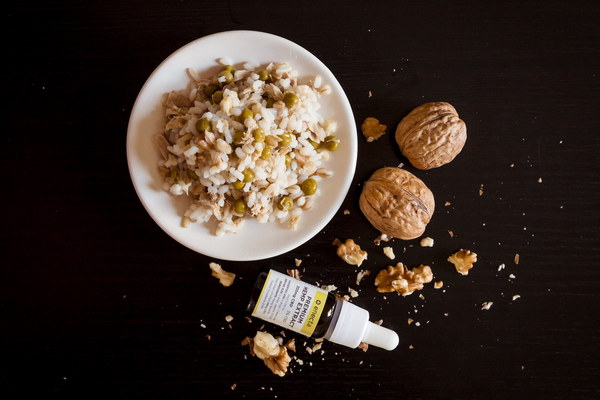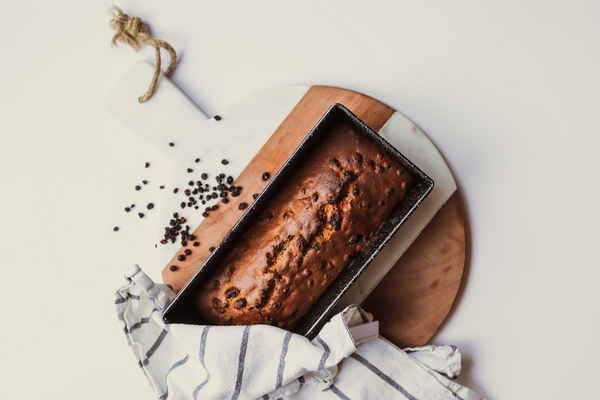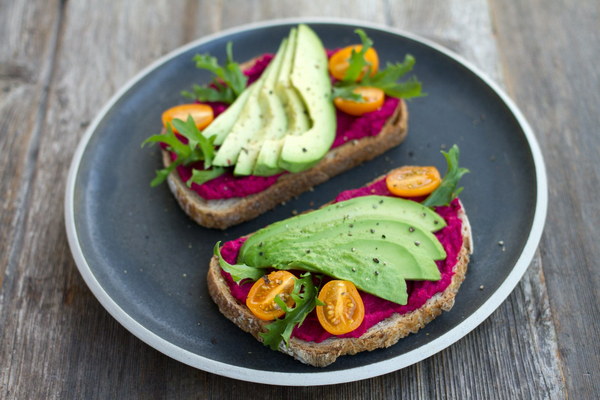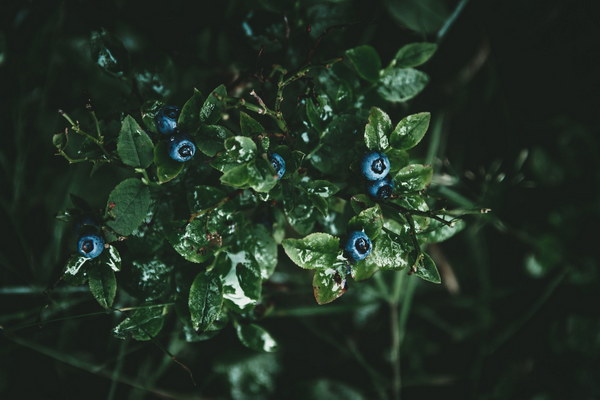The Ultimate Guide to Brewing the Best HealthBoosting Herbal Teas
In the realm of holistic wellness, few practices are as soothing and nourishing as brewing a pot of herbal tea. These teas, steeped in ancient traditions and modern health benefits, offer a plethora of medicinal properties that can enhance your well-being. Whether you're seeking relaxation, digestion aid, or a natural immune boost, here's a comprehensive guide to brewing the best health-boosting herbal teas.
Choosing the Right Herbs
The first step to crafting the perfect herbal tea is selecting the right herbs. Each herb has its unique properties and health benefits, so it's essential to choose the ones that align with your wellness goals. Here are some popular herbal teas and their health benefits:
1. Lemon Balm: Known for its calming properties, lemon balm is perfect for anxiety relief and improving sleep quality.
2. Chamomile: A go-to for relaxation, chamomile can also help with digestion and reduce inflammation.
3. Ginger: This spice is renowned for its ability to aid digestion, reduce nausea, and boost the immune system.
4. Echinacea: A powerful immune system booster, echinacea is often used to prevent and treat colds and flu.
5. Peppermint: Excellent for digestion, peppermint can also help alleviate respiratory issues and reduce stress.
Selecting Quality Herbs
The quality of your herbs can significantly impact the taste and effectiveness of your tea. Look for organic, loose-leaf herbs to ensure you're getting the highest quality and maximum health benefits. Avoid pre-packaged tea bags, as they often contain lower-quality herbs and unnecessary additives.
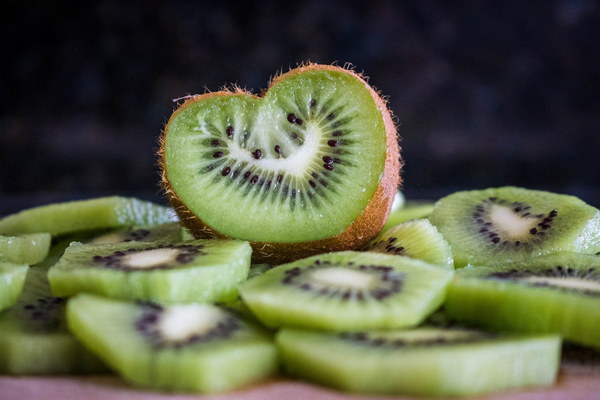
The Art of Brewing
Now that you've chosen your herbs, it's time to learn the art of brewing. Here are some essential tips:
1. Use Fresh Water: Always use fresh, filtered water to avoid impurities that can affect the taste and health benefits of your tea.
2. Boil Water Properly: Bring water to a rolling boil before adding your herbs to extract the maximum flavor and properties.
3. Timing is Key: The steeping time varies depending on the herb. For instance, chamomile requires only 3-5 minutes, while ginger needs 10-15 minutes.
4. Use the Right Temperature: Herbs like chamomile and mint are best steeped in water at a lower temperature (around 160-180°F or 71-82°C) to preserve their delicate flavors and properties.
5. Strain Your Tea: After steeping, strain your tea to remove the herbs and enjoy a smooth, flavorful beverage.
Enhancing Your Tea
To elevate the taste and nutritional value of your herbal tea, consider adding the following:
1. Honey or Stevia: For a touch of sweetness, use raw honey or natural sweeteners like stevia.
2. Lemon or Cinnamon: Adding lemon or cinnamon can enhance the flavor and provide additional health benefits.
3. Milk or Cream: If desired, you can add a splash of milk or cream for a creamy texture.
Serving Suggestions
Enjoy your health-boosting herbal tea at any time of the day. Here are some serving suggestions:
1. Morning Ritual: Start your day with a cup of ginger tea to kickstart your metabolism and digestion.
2. Afternoon Pick-Me-Up: Sip on chamomile or lemon balm tea to unwind and prepare for the rest of the day.
3. Evening Soak: Indulge in a cup of lavender or passionflower tea to relax and promote a restful night's sleep.
Conclusion
Brewing the best health-boosting herbal teas is an art that combines knowledge, tradition, and personal preference. By selecting high-quality herbs, following proper brewing techniques, and adding your own touch, you can create a beverage that not only tastes delightful but also supports your overall well-being. Embrace the ritual of tea time and enjoy the journey to a healthier you.
